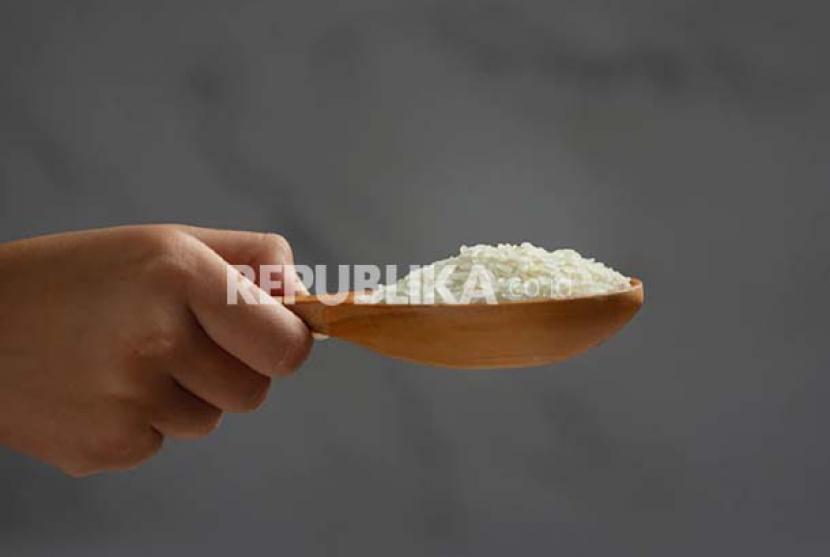REPUBLIKA.CO.ID, JAKARTA ---The international world is working hard to solve the problem of climate change. Indonesia is also expected to be at the forefront of climate change programs.
But as a developing country, Indonesia still has difficulty obtaining financing to carry out strategic programs to tackle climate problems. Under these conditions, the government is trying to mobilize funding by engaging the public and private sectors for climate finance.
The discourse of climate financing using community-based sharia financing such as using Zakat, Infaq, Alms, and Waqf funds (Ziswaf) has emerged as one of the alternative models to support the financing of climate management programs. Then how does Islamic fiqh view the use of zakat funds for climate funding? Is it okay to use zakat to finance climate management programs such as solar panel procurement, reforestation, renewable energy and others? Is it possible to argue that climate change will cause environmental damage that will then have an impact on increasing poverty, then be able to use zakat funding for climate finance or financing?
Deputy Secretary of the Fatwa Commission of the Indonesian Ulema Assembly (MUI), Abdul Muiz Ali, said that in principle any form of danger or anything that would cause harm should be eliminated. Extreme climate change must therefore be prevented and as far as possible eliminated. This, as stated in the fiqīdah, states: (عالة) addororu yuzalu which means that the danger must be eliminated. Therefore, he believes that the government and the public must be actively involved to achieve a good climate.
Indeed, according to Kiai Muiz, in essence, the zakat treasure should be distributed to eight groups as explained in Quran Surat At Taubah verse 60:
إِنَّمَا الصَّدَقَاتُ لِلْفُقَرَاءِ وَالْمَسَاكِينِ وَالْعَامِلِينَ عَلَيْهَا وَالْمُؤَلَّفَةِ قُلُوبُهُمْ وَفِي الرِّقَابِ وَالْغَارِمِينَ وَفِي سَبِيلِ اللَّهِ وَابْنِ السَّبِيلِ ۖ فَرِيضَةً مِنَ اللَّهِ ۗ وَاللَّهُ عَلِيمٌ حَكِيمٌ
That is to say, the zakat is only for the poor, for the poor, for those who are engaged in zakat, for those who are persuaded of their hearts, to liberate slaves, those who are in debt, for the way of Allah and for those who are on their way, as a decree which Allah obliges, and Allah is Knowing, Wise. (Quran Surat At Taubah verse 60).
Even so, Kiai Ali said scholars allow zakat treasures to be distributed for health and health that threaten society, such as for climate change programs whose impacts could harm communities if not addressed immediately.
“Some scholars allow the distribution of zakat property for the benefit that is returned to society. Including welfare in question is in the interests of safety and health that threaten the public. The possibility of forfeiting the wealth of zakat for the welfare of the people refers to the scope of the meaning of Sabillah in the Quran Surat At Taubah verse 60,” Kiai Muiz told Republika.co.id a few days ago.
According to Kiai Muiz, the majority of Sabillah in verse 60 of the letter At Taubah has the meaning of war volunteers. However, some scholars argue that the word sabilillah in the meaning of the verse can be interpreted as jami'u wujuhil khoir (every good) returned for the good of the people or the community. It is quoted by Imam Abu Bakr Muhammad bin Ali Al-Qaffal Al-Kabir As-Shayyi (291-365 H/904-976 A.D.) as saying that the sabillah covers the entire social sector.
The opinion that sabillah covers the entire social sector was also included in the decision of Munas Alim Ulama NU in Yogyakarta on August 30, 1981 to allow the granting of zakat to mosques, madrasahs, orphanages, social/religious foundations, and so on.


